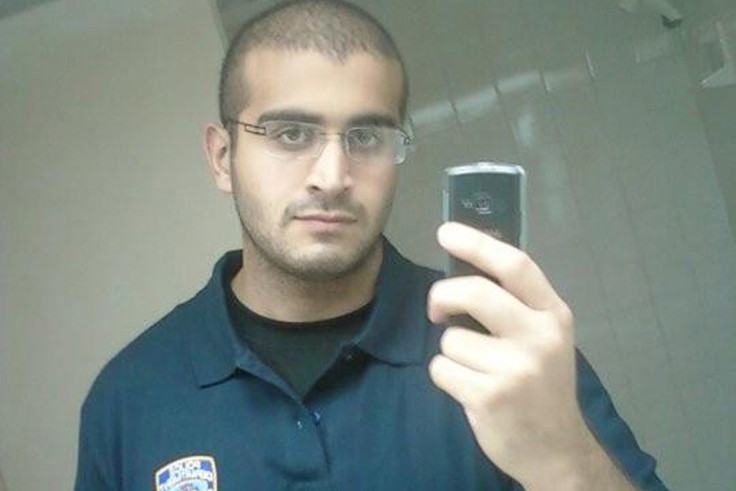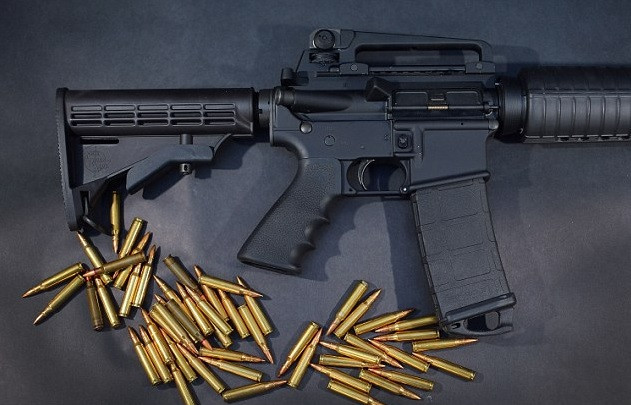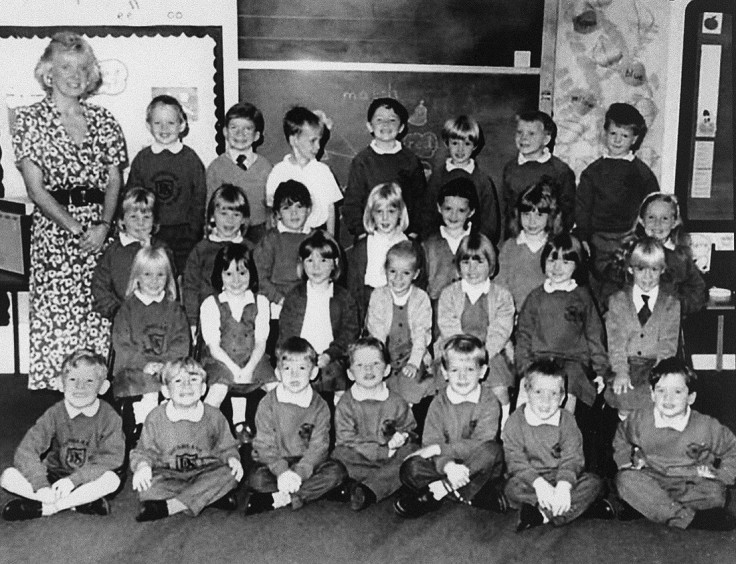Orlando shooting: Omar Mateen allowed AR-15 assault rifle but what are UK gun laws?
Omar Mateen was armed to the teeth with an AR-15-type rifle, a .223-caliber and a 9mm semi-automatic pistol when he murdered 49 innocent people at the LGBT nightclub Pulse in Orlando, Florida. And all the weapons were bought perfectly legally.
The rifle was similar to the ones used by Adam Lanza, the 20-year-old who killed 20 children at Sandy Hook primary school in 2012 and James Holmes, the man who fatally shot 12 Batman film fans at a Dark Knight Rises showing in Aurora, Colorado, in the same year.
The warped gunman bought the arsenal of weapons legally during the week before he opened fire at the venue, which was hosting a Latin-themed night. Like all Americans, Mateen's right to acquire the killing machines is enshrined in the US Bill Of Rights and US Constitution.

Amendment II of the Second Amendment states: "A well-regulated militia, being necessary to the security of a free state, the right of the people to keep and bear arms, shall not be infringed."
It means any law-abiding citizen in the United States is allowed to own or carry a gun. That right comes from the US Bill Of Rights and the second amendment to the United States Constitution.
The warped gunman bought the arsenal of weapons legally

Anyone over the age of 18 can buy a rifle or shotgun from a licensed dealer in any state. Over 21s can also buy handguns, too. Those prohibited from buying guns include convicted criminals and people with mental health illnesses.
Gun control advocates argue the country's laws, fiercely protected by the National Rifle Association (NRA), allow people like Mateen to get their hands on lethal weapons for killing sprees. They also point to statistics like the 133 "mass shootings" committed on American soil last year.
Florida law that handed Omar Mateen killing weapon
STATE CONSTITUTIONAL PROVISION - Article 1, Section 8.
"(a) The right of the people to keep and bear arms in defence of themselves and of the lawful authority of the state shall not be infringed, except that the manner of bearing arms may be regulated by law.
(b) There shall be a mandatory period of three days, excluding weekends and legal holidays, between the purchase and delivery at retail of any handgun. For the purposes of this section, "purchase" means the transfer of money or other valuable consideration to the retailer, and "handgun" means a firearm capable of being carried and used by one hand, such as a pistol or revolver. Holders of a concealed weapon permit as prescribed in Florida law shall not be subject to the provisions of this paragraph.
(c) ...anyone violating the provisions of subsection
(d) shall be guilty of a felony.
(e) This restriction shall not apply to a trade in of another handgun." Article 1, Section 8.
The legislature of the State of Florida, in a declaration of policy incorporated in its "Weapons and Firearms" statute, recognises that adult citizens of the state retain their constitutional right to keep and bear firearms for hunting and sporting activities and for defence of self, family, home and business and as collectibles.

Gun control has existed in the UK since 1594 when Queen Elizabeth I banned possession of wheellock pistols near a royal palace in fear of Roman Catholics. Various acts of parliament have been passed in the intervening centuries, including the 1997 ban on handguns in the wake of the Dunblane massacre.
Members of the UK public are allowed to own sporting rifles and shotguns but it is subject to licensing. When it comes to ownership, the the main difference between the US and UK is that the former treats it as a "right", while here in the UK it is a "privilege".
Gun ownership in the UK is a privilege, not a right - Home Office report
In April the government published a report on firearm licensing, which said: "UK firearms policy is based on the fact that firearms are dangerous weapons and the State has a duty to protect the public from their misuse. Gun ownership is a privilege, not a right."
The report says gun control in the UK is "among the toughest in the world" and points to figures that show they are used in less than 0.2% of reported crimes.
Owners of firearms or shotguns must hold a certificate to show they are licensed. Owners of low-powered air weapons do not need one unless their firearm is deemed specially dangerous by the Firearms (Dangerous Air Weapons) Rules 1969.
Gun control in the UK is among the toughest in the world − Home Office
There is a vetting process for applicants that can involve interviews, visits to the person's home, criminal records checks and references from friends. In some cases their GP may be contacted.
Local police authorities are the licensing authority for firearm and shotgun certificates, as well as for firearms dealers, and the Home Office authorises banned weapons, such as handguns.
© Copyright IBTimes 2025. All rights reserved.






















